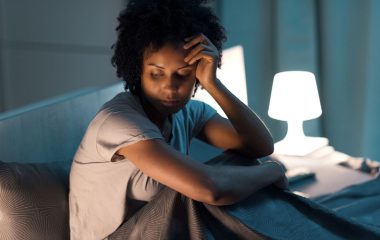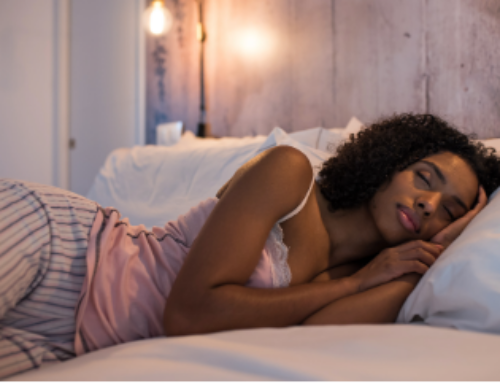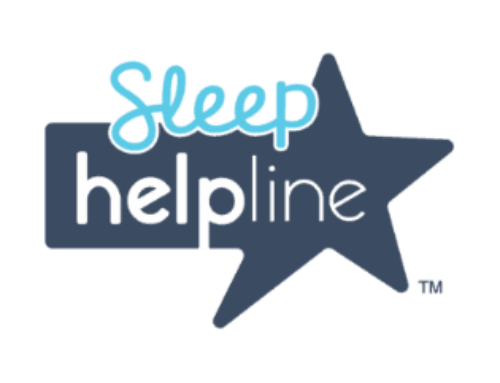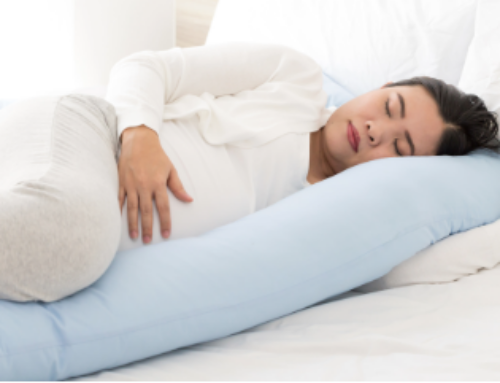Just like more organically occurring mental health problems like anxiety or post-traumatic stress disorder, substance addiction has an inexorable link to the quality of a person’s sleep.
With even commonly-abused substances like cannabis causing sleep problems in more than 40% of those trying to quit, sleep deprivation is a serious concern for anyone struggling with a substance use disorder, and should be understood in the interest of effective self-care.
The road to recovery is never easy, but by consciously working to understand the link between sleep deprivation and addiction, those struggling with substance misuse can make the road ahead that much easier. If you’re struggling with addiction and sleep difficulties, here’s a closer look at how you can better manage the impact of addiction on your sleep and minimize the challenges preventing a speedy recovery.
The relationship between sleep deprivation and addiction
From regular users to those who are almost completely recovered, substance addictions of all kinds have been shown to have a close relationship with a person’s sleeping habits. Alcohol, for example, has been shown to decrease quality of sleep by around 9% even at lower doses, preventing REM sleep as the relaxing effects wear off after the last drink.
Sleep issues are also common among people who use illicit drugs, with heavy stimulants like cocaine and amphetamines making it near-impossible for the mind to relax when under the influence, and insomnia being a common withdrawal symptom when people come off these substances.
Frustratingly, the sleep issues caused by substance abuse such as sleep apnea, insomnia, and disturbances in sleep cycles can make it harder for addicted people to stay sober. The irritation of sleep problems can make it easy to turn to a substance as a quick-and-easy solution, creating a vicious cycle that ultimately makes recovery harder in the long run.
A vicious cycle
The pain and discomfort that comes with addiction recovery can make a person more vulnerable to sleep issues, but this relationship can also work in reverse.
Research has shown that people who experience sleep deprivation and unhealthy sleep cycles are at greater risk of developing substance use disorders. Drugs like cannabis, Ambien, and alcohol are all popular go-to drugs for those experiencing sleep issues, and on the flip side, people who feel fatigued and groggy in their waking life can turn to stimulants in order to keep feeling functional.
Research shows that sleep can have a drastic impact on helping the brain conduct important tasks, such as clearing out potentially dangerous substances like beta-amyloid proteins. Research has found that even one night of sleep deprivation can increase the amount of beta-amyloid in the brain.
With sleep deprivation being shown to hinder cognitive function and judgment, not getting enough sleep can also make it harder for people to manage their impulses and avoid making impulsive decisions that lead to relapse.
With sleep issues worsening the health problems associated with addiction, and addictions giving rise to sleep issues, the vicious cycle created between sleep deprivation and addiction can compound the challenge of recovering from one or both of these issues and make it especially important to understand how one side influences the other.
Getting your sleep back on track
If you’re dealing with insomnia while recovering from addiction, it can feel like you’re fighting an unwinnable war as you try to prevent both negative influences from overwhelming you. Though it won’t be easy, alongside seeking professional treatment for insomnia, there are always ways to help along your recovery, manage this cyclical relationship, and maximize your chances of achieving a high standard of sleep.
Get the help you need with recovery
One of the key things to bear in mind when struggling with sleep and addiction is that making a full recovery from your addiction will drastically improve your quality of sleep. With this in mind, it’s important to remember there are resources available for people struggling with addiction, sleep deprivation, and a combination of both.
Seeking professional assistance with any mental health problem can be daunting, especially when you’ve never discussed your mental health challenges openly in the past.
Once you can get over this initial hurdle, the right help will allow you to flesh out a clear roadmap to recovery, and benefit from the expertise of people who will show you you’re not alone in the challenges you’re facing.
Seek support for sleep problems
Whether your addiction is mild or severe, everyone can make positive changes to their daily routine and habits that will help them improve their overall quality of sleep. In many cases, improving your sleep habits can improve your sleep.
If you continue to experience poor sleep or insomnia, seek help from your doctor or the sleep team at an accredited health care center.
The recommended treatment for insomnia is cognitive behavioral therapy (CBT-I). It addresses the thoughts and behaviors that keep you from sleeping well. The Society of Behavioral Sleep Medicine has a directory of behavioral sleep medicine providers who offer CBT-I.
Final thought
Addiction and sleep deprivation have a complex reciprocal relationship that can make the road to recovery even harder. However, by understanding this link, seeking the professional help you need, and adopting healthier sleeping habits, you’ll be able to develop a healthier relationship with sleep and move more confidently toward your benchmarks for recovery.
As you face the challenges of addiction recovery and its effects on sleep, we hope this guide has helped you understand the state of your health, take charge of your recovery, and look forward to a higher quality of sleep each night.
Medical review by John Saito, MD
Related:
- Opioid use, pain linked to sleep problems
- Sleeping pills, stimulants & prescription drug abuse
- Multiple mood and anxiety disorders cause insomnia
Authored by: Sophie Bishop
Sophie Bishop is a medical journalist. Sophie aims to spread awareness through her writing around issues to do with mental health and well-being and is looking to connect with an engaged audience. Contact Sophie via her website: https://sophiebishop.uk/.





